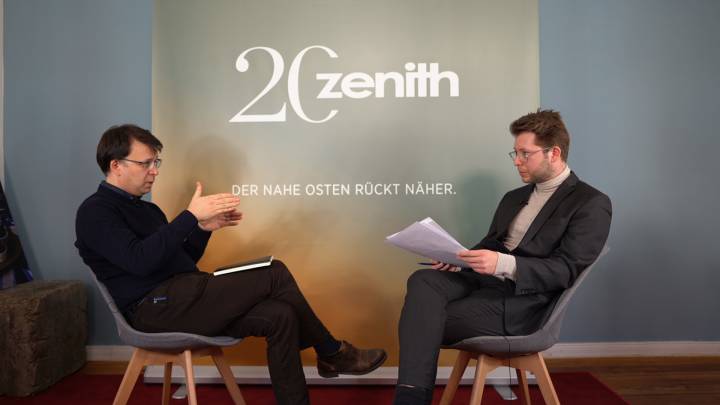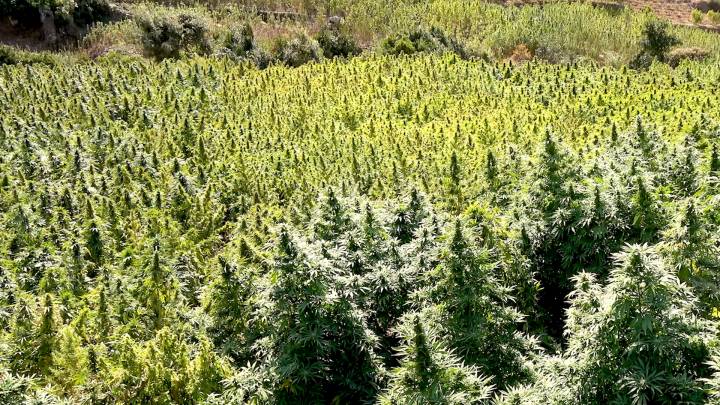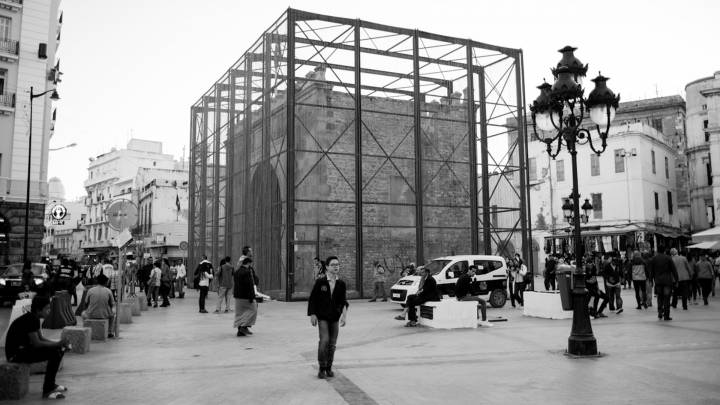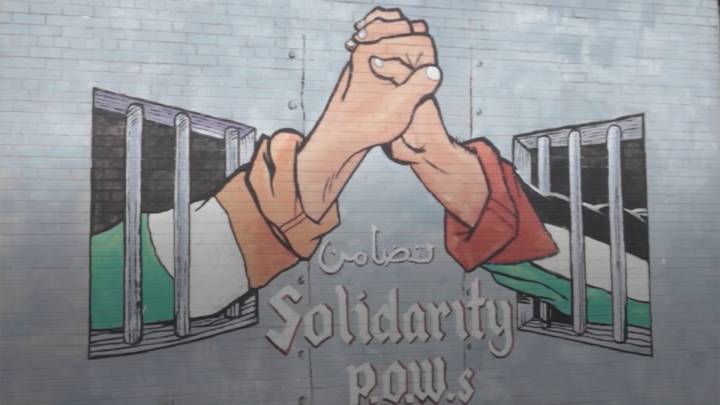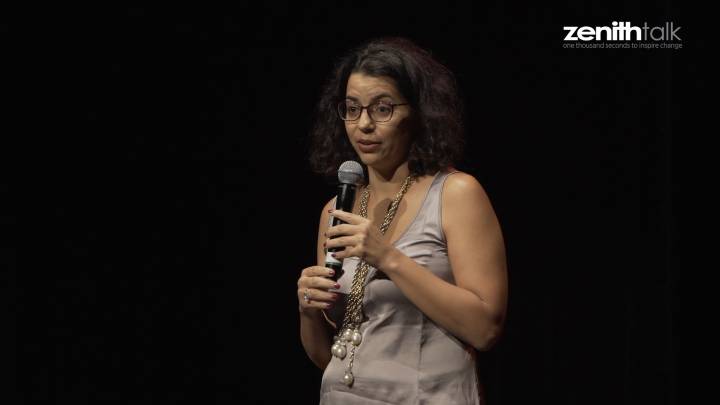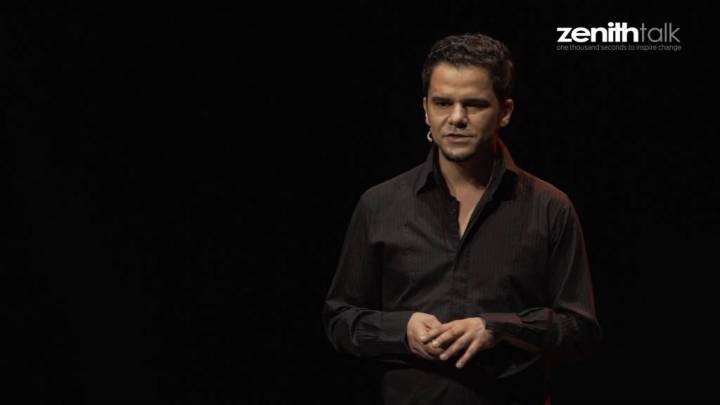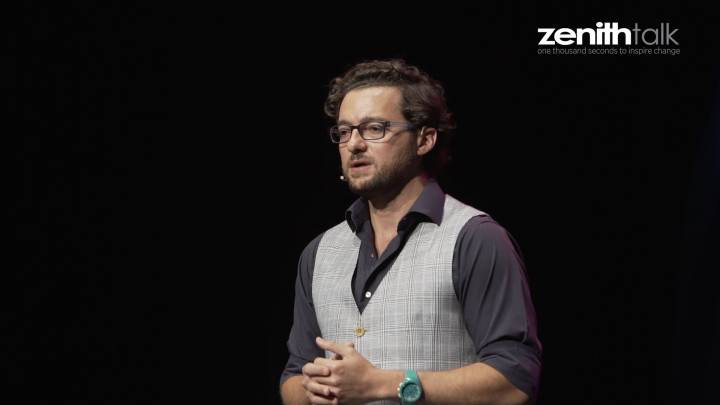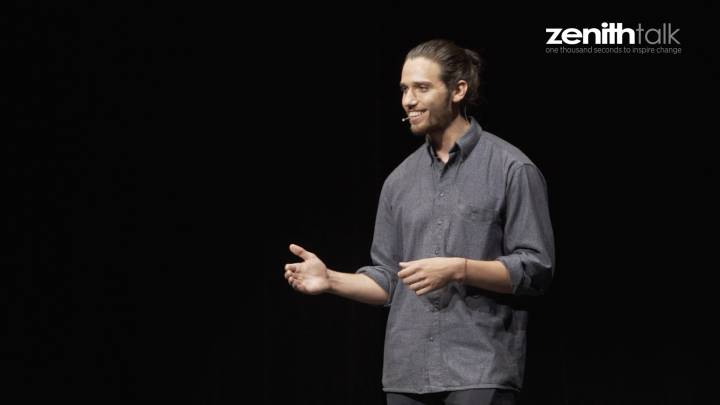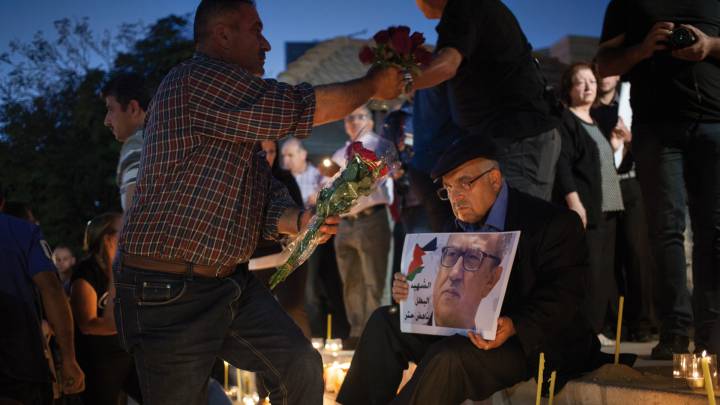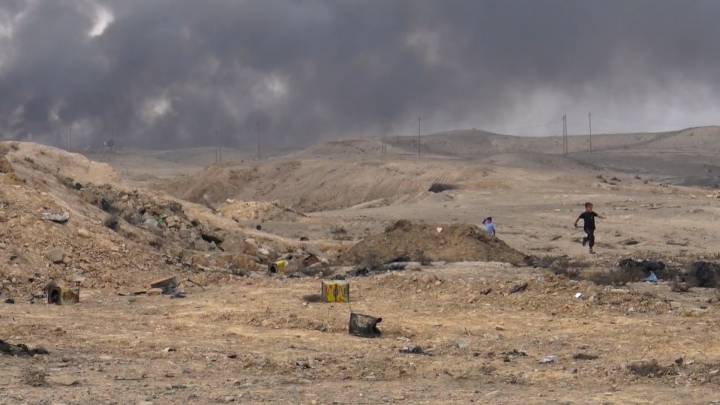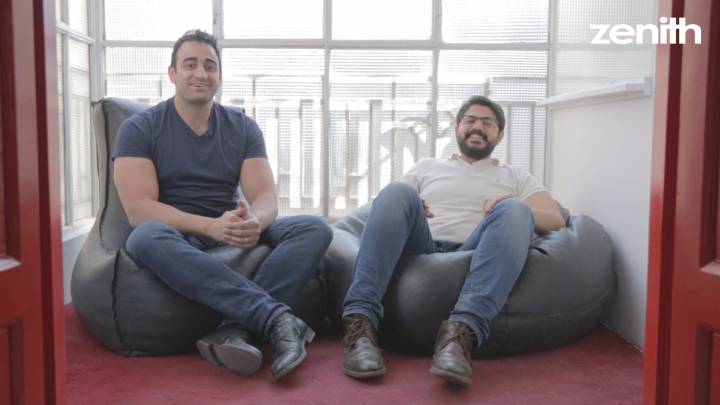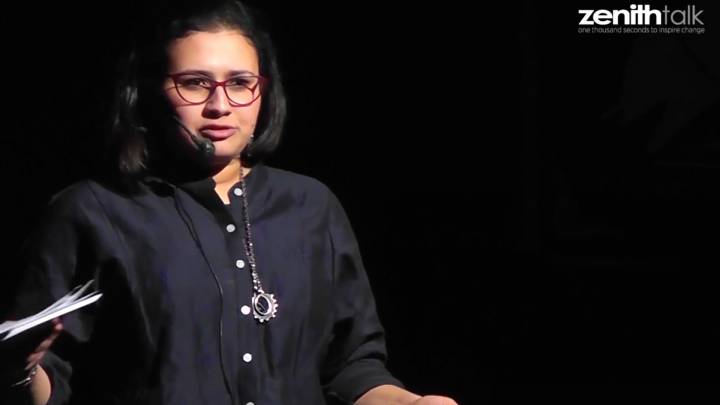Watchdog al-Bawsala is a rare example of an NGO operating to bring transparency to political processes and engage ordinary citizens in a region wracked by government crackdowns.
Before the revolution in Tunisia, the notion of an organisation tasked with scrutinising the actions of the country’s politicians and sharing this with the wider public would have seemed laughable. And indeed, as many civil society organisations face crack-downs across the wider Middle East and North Africa region, al-Bawsala (the Compass) stands out as a bright light among the many NGOs in Tunisia that have helped shape the political landscape since 2011.
Many, including Norway’s Nobel committee, have credited Tunisia’s powerful civil society with steering the small North African country past the pitfalls that beset many of its 2011 revolutionary contemporaries. However, the violent ousting of the country’s dictator, Zine El Abidine Ben Ali, left behind a public unschooled in and unaware of many of the democratic structures they were now being asked to play a critical role in helping define.
Founded by a small group of mostly student activists in May 2012, al-Bawsala seeks to bridge the gap in knowledge and provide the public with information on the seismic shifts convulsing the political landscape. Using communication media previously alien to the political sphere, al-Bawsala began to monitor the work of the committees drafting the constitution and disseminate it to a public hungry for information. Through its website and social media accounts, al-Bawsala has created a single information point within the political morass capable of connecting both citizen and lawmaker.
The organisation’s website contains a wealth of statistical information on governance in Tunisia. More than 223,000 followers of its Facebook page look to the NGO for up-to-date information on events occurring in the Parliament, while a similar number of people follow the group’s rolling Twitter coverage of events within the ARP chamber as they happen.
